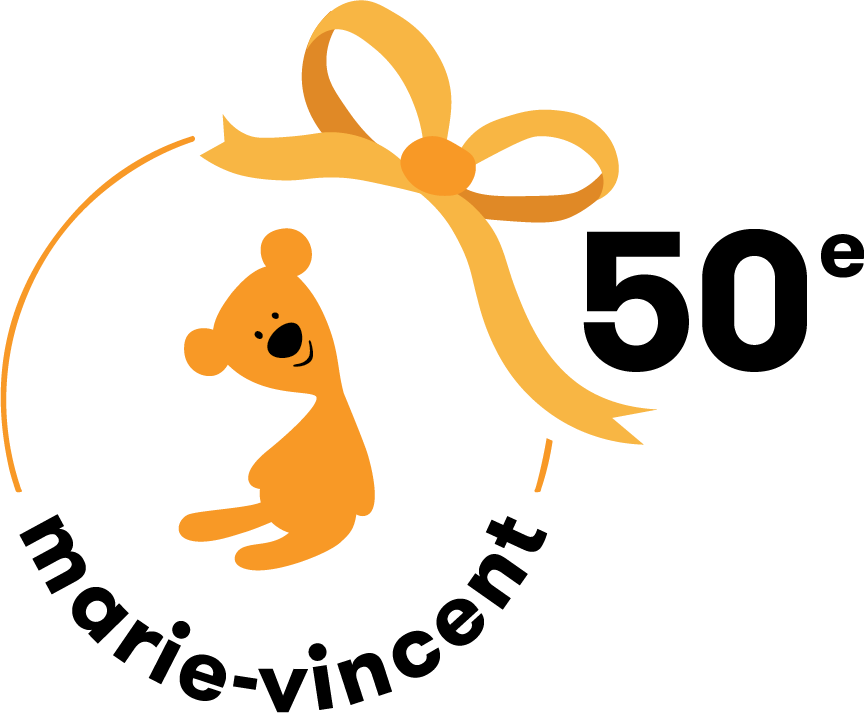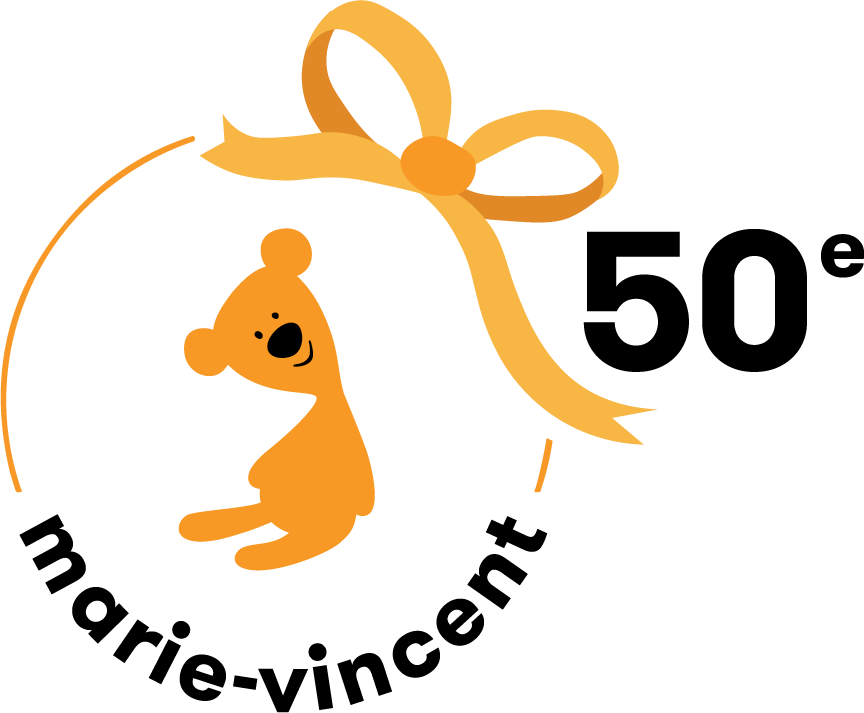On May 1, Marie-Vincent Foundation officially has launched the Lantern program, its sexual violence prevention program for young children.
What is the Lantern program?
The Lantern program is a sexual violence prevention program for young children. It is aimed at preschool-aged children and the adults in their lives. It focuses on sex education and the promotion of egalitarian relationships. Of course, the program is tailored to young children’s developmental level. It was designed to work in continuity with the sex education program that has been put into place in Québec elementary and high schools.
Why prevent sexual violence against young children?
Because one out of five girls and one out of 10 boys will be sexually assaulted by the age of 18; 53% of sexual assault victims are under 18 years old and 13% of these are under five. Because young children are particularly vulnerable to sexual violence for a number of reasons: they can’t always put into words what they’re experiencing; they depend on adults to meet their needs; they learn to obey adults and trust them; they don’t yet know the difference between right and wrong; and they don’t yet recognize when a situation is risky.
How to prevent sexual violence against young children
Sexual violence against young children can be prevented by focusing on sex education and on promoting egalitarian relationships by means of simple, concrete acts that are easy to include in our everyday lives.
The Lantern program tools
In collaboration with several partners, various tools for young children, their parents and professionals have been created.
They include three books that aim to convey basic concepts about egalitarian relationships and self-protection skills.
You As Me is a picture book aimed at children aged from birth to two. It shows that babies are all similar, regardless of their sex. They have similar needs and may share the same emotions and interests.
Milo’s Boundaries helps children understand interpersonal boundaries and privacy through the story of Milo. In the course of a day, everyone Milo encounters wants to touch him, kiss him or hug him. He doesn’t want to, but he doesn’t know how to say so.



Because aggressors often present sexual violence to children as though it were a game, Marie-Vincent Foundation created the game Marvin, What Should We Play?, which helps young children understand how games should not include private parts. The game helps children recognize the actions that should not be part of a game, and to develop self-protection skills with regard to sexual violence.

A discussion handbook and guide for educators have also been developed.
Professionals in daycare centres, community organizations and schools all took part in a pilot project on how to use the tools in an optimal way and answer children’s questions. The project was rolled out in the communities of Longueuil and Saint-Rémi in Montérégie, and Côte-des-Neiges, Parc-Extension and Lachine in Montréal. More than 500 professionals have been trained to date.
Five short videos for parents and for all adults who spend time with young children have also been created. They show adults how, through their simple everyday acts, they provide education about sex and egalitarian relationships, which in the long term helps prevent sexual violence.
Tools have also been developed for Indigenous communities: videos for parents and professionals, a game and book for kids, and a guide and training sessions for professionals. They are now available in daycare centres, family organizations and health and social services centres in Manawan, Wemotaci, La Tuque and Natashquan. The program’s Indigenous arm will be launched in fall 2019.
The books, discussion handbook, videos and a number of tips are available in the Prevention section of the website. The books and discussion handbook can be downloaded for free or purchased online.
How was the program created?
The project started three years ago, thanks to funding from Avenir d’enfants. Following that, the Ville de Montréal and Opération Enfant Soleil joined in, along with the Secrétariat à la Condition féminine for the project’s Innu arm in Natashquan.
Marie-Vincent Foundation and Avenir d’enfants wanted the program to be deployable across the province. As such, it needed to meet the needs of children and adults from different communities and cultures.
With this in mind, pilot settings were selected in rural, semi-rural and urban communities, spanning multicultural and Indigenous groups. This is how the communities of Longueuil and Saint-Rémi in Montérégie; Côte-des-Neiges, Parc-Extension and Lachine; and the Atikamekw community became involved. All of them provided valuable collaboration in developing the program and its tools.
First, these communities’ needs were analyzed. The Foundation surveyed and met with educators, parents, experts and partners to best understand their needs and concerns with regard to sexual violence prevention, sex education and the promotion of egalitarian relationships. The objective was to meet professionals’ needs, as well as to ensure that all the activities could be easily integrated into their everyday work: reading, games, discussions. In this way, the tools were created to meet the communities’ needs.
Thank you to our partners

![]()






